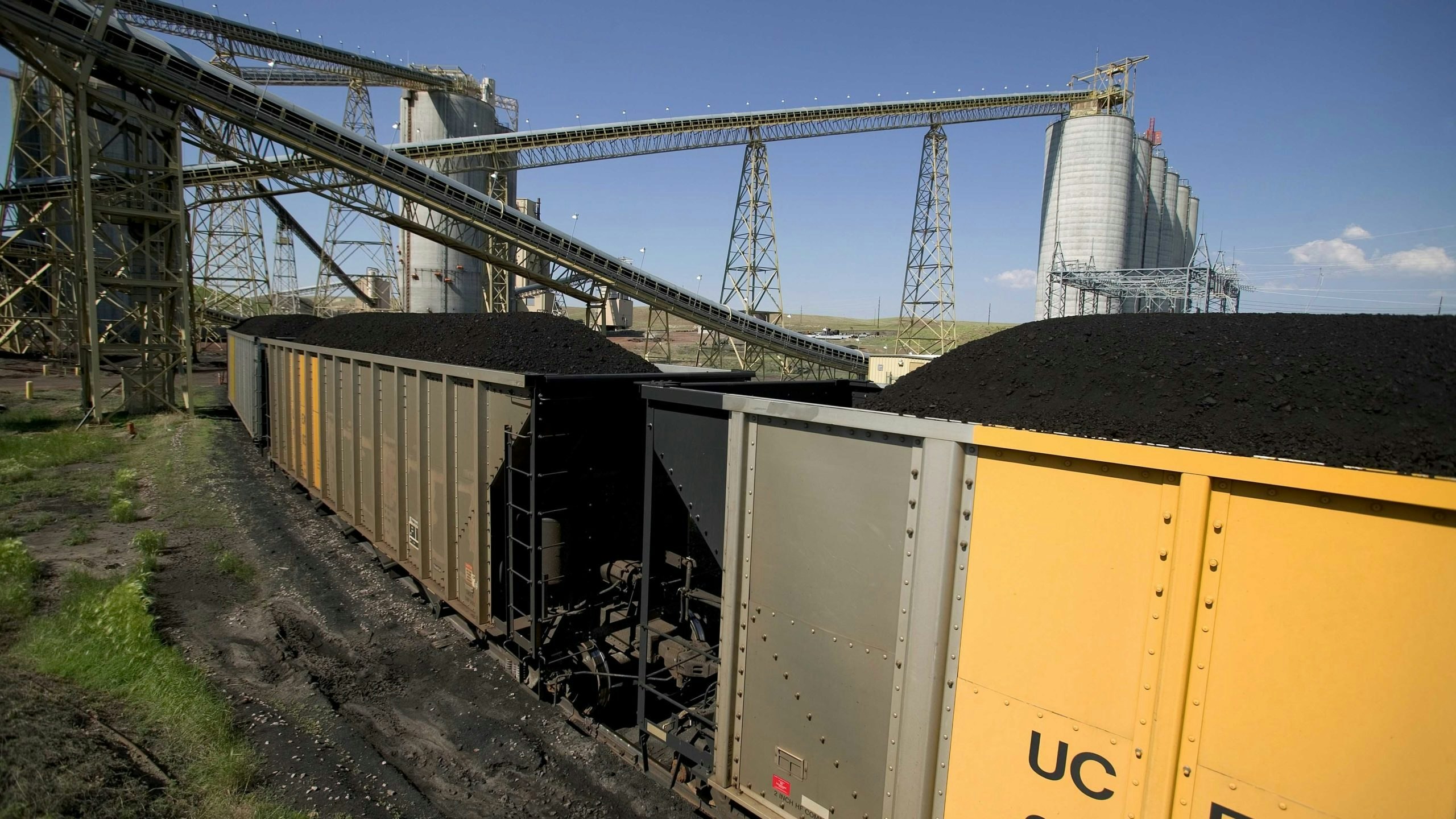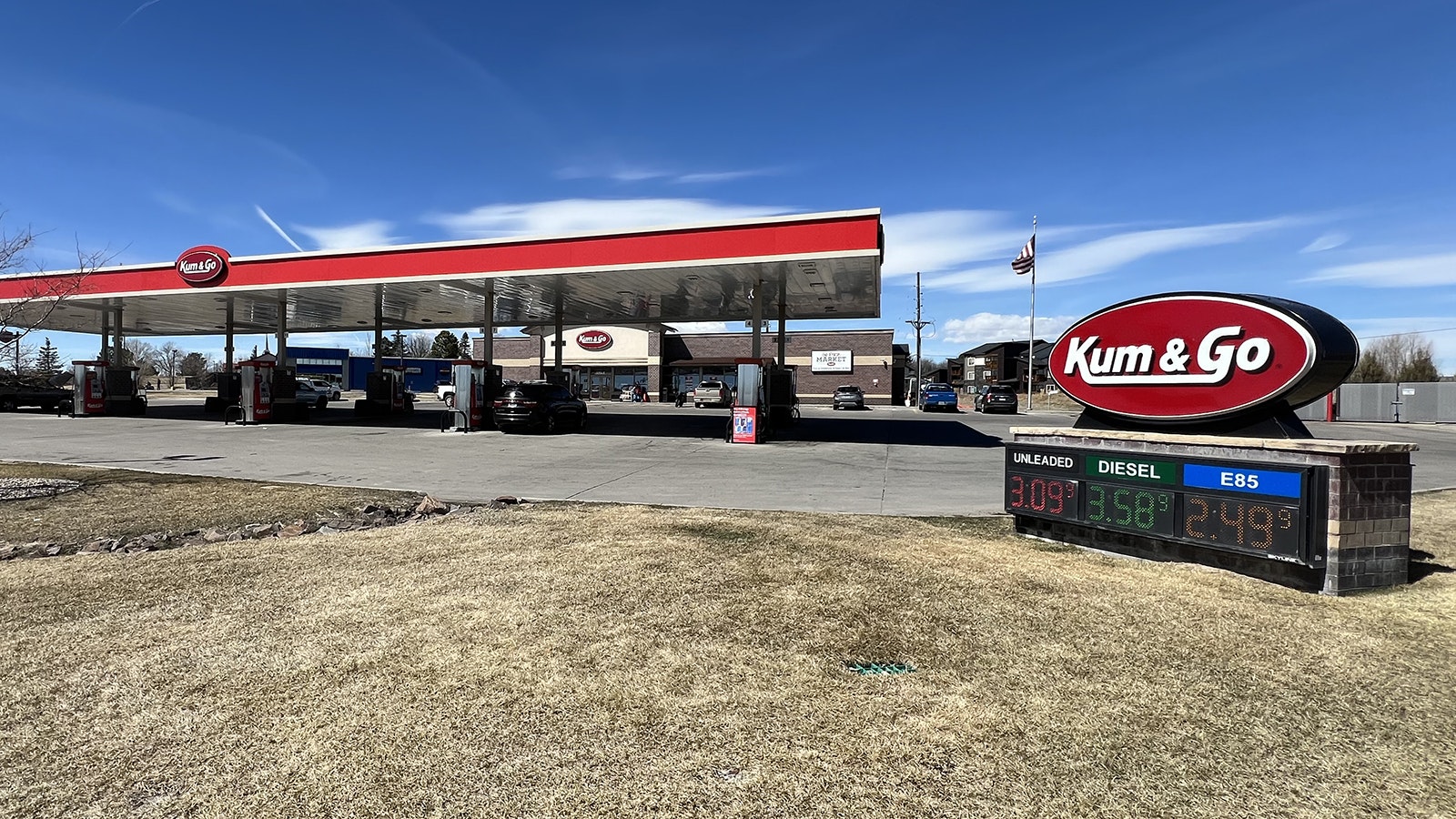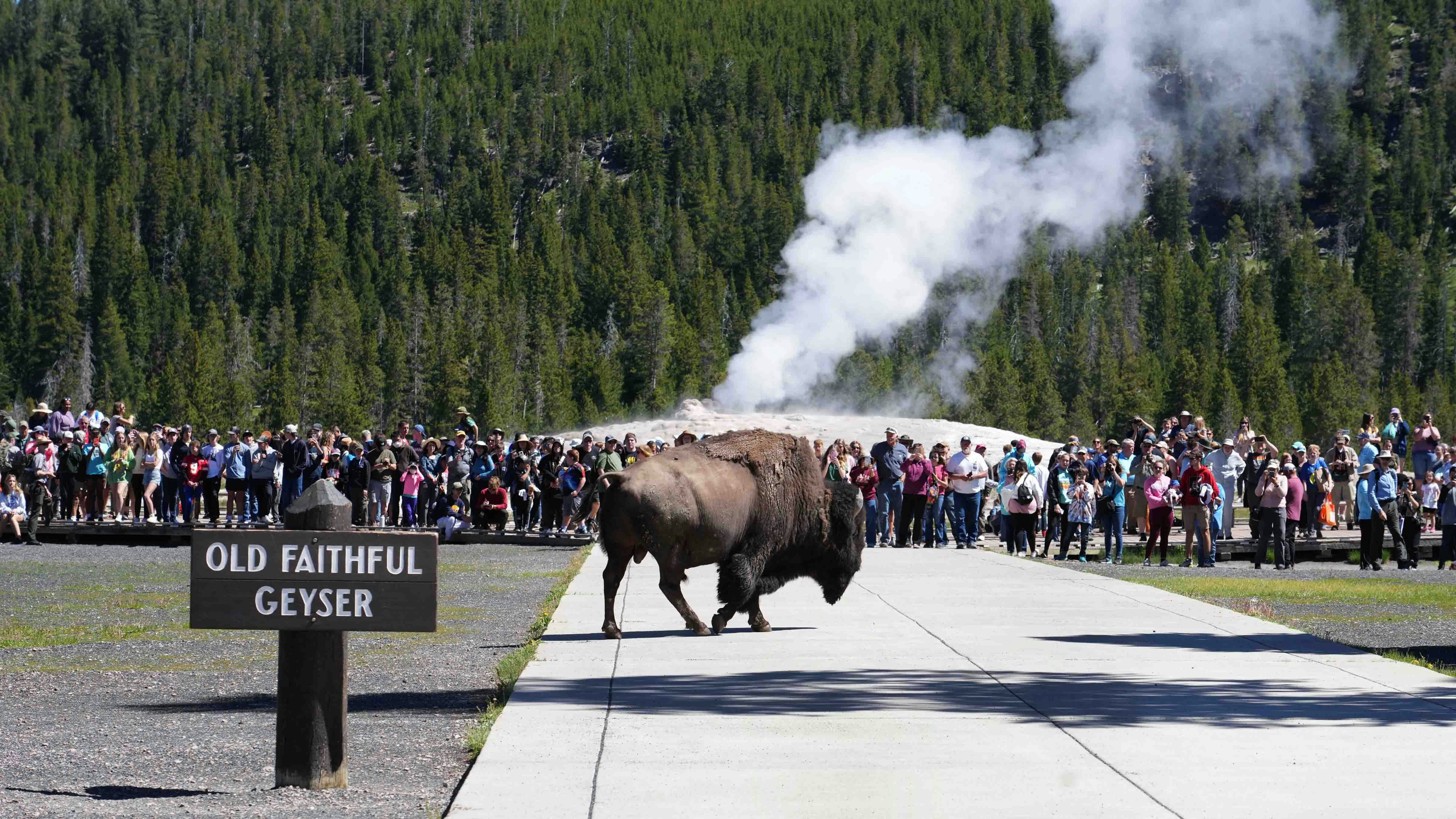If railroad workers go on strike, it would be disastrous for Wyoming and bring the state’s energy industry grinding to a halt, said former railroad worker and Wyoming legislator Stan Blake.
On July 15, Biden selected the three members of a Presidential Emergency Board (PEB), a near final step to prevent railroad workers from striking. The National Carriers Conference Committee (NCCC), which represents railroads in labor negotiations, praised the selection of Ira Jaffe, Barbara C. Deinhardt and David Twomey in a statement.
“All three are experienced, respected labor arbitrators with significant experience resolving labor disputes,” the committee said.
The PEB has a history going back nearly a century to 1926 with the passage of the Railway Labor Act, which governs labor issues in the railroad and airline industries. With Biden’s executive order forming the 250th PEB, the clock is ticking. It has 30 days to solve the labor dispute. After that, a 30-day cooling-off period will follow in which the two sides will try to come to a conclusion.
“If either party doesn’t agree to that, then we could go out on strike, again,” said Blake, who worked for Union Pacific for 31 years before his retirement.
According to the company, Union Pacific currently employs 730 Wyoming residents.
If neither side can come to an agreement, Congress will have to pass a law settling the labor dispute by September 15. If they don’t, the railroad workers will be free to strike the railroads on September 16. This would shut them down according to the ENO Center for Transportation, a non-profit, independent organization based in Washington, D.C.
Grinding Halt
According to Blake, if a resolution isn’t reached by the PEB and a strike occurs, “it would be a mess.”
The impacted industries listed by Blake included coal from Gillette, soda ash from Green River, bentonite from Casper, renewable diesel from Cheyenne and oil from Fort Laramie.
“The soda ash industry would be way harmed,” said Blake. “When you can haul 130 cars up to Portland and then they offload that onto the ship to go to Korea or Japan. How many trucks would that take?”
Soda ash—or disodium carbonate—was Wyoming’s largest export in 2021 with a total value of $929,439,834 according to data from the Wyoming Economic Analysis Division. Wyoming’s exports totaled $1.4 billion last year.
Bituminous, or black, coal was the third highest export with a value of $37,616,200. Bentonite was the fourth highest with a value of $36,926,177. Petrol oil had a value of $25,416,534 and biodiesel had a value of $20,610,921 making them 5th and 7th, respectively.
Coal and soda ash were the top two commodities shipped by Union Pacific in 2021 according to information made available from the company.
“It would be disastrous for Wyoming. And, right now, trying to recover you would have stuff start stacking up at the ports now,” said Blake. “The ports would shut down because trains haul more stuff out of those ports than trucks do.”
“Dragging Their Feet”
The selection of the PEB is just the latest in a nearly three year back-and-forth between major railroad companies and railway labor unions. According to the ENO Center for Transportation, initial talks between the companies and the unions began in November 2019 but were stalled by the pandemic.
By June 2021, two rail unions—the Brotherhood of Maintenance Way Employes Division (BMWED) and the Sheet Metal Air Rail Transportation-Mechanical Department (SMART-MD)—requested mediation from the National Mediation Board. In January, the Coordinated Bargaining Coalition (CBC), which is composed of 12 railway labor unions, announced talks had stalled and also requested mediation.
In February, BMWED and SMART-MD requested the end of mediation and that the National Mediation Board move onto arbitration. By May, the unions and the railroads exchanged offers on salaries, going back retroactively to 2020.
An NCCC FAQ reported carriers were proposing “significant increases” to employee salaries effective July 1, 2022 along with full retroactive pay for 2020 and 2021. Additionally, salary increases were proposed for 2023 and 2024.
According to the ENO Center for Transportation, the railroads proposed a two percent salary increase for 2020 and 2021, 4% percent for 2022 and 3% percent for 2023 and 2024. The offer made by the unions was a 6% increase for 2020, 10% for 2021, 6% for 2022, 8% percent for 2023 and 4& percent for 2024.
“Most of the railroaders don’t make a ton of money. We’re not being greedy. It’s been over three years since we’ve had a contract,” said Blake. “Both sides have been dragging their feet.”
Profits And Losses
Stagnant pay and a reduced workforce while railroad companies report record profits is a point of frustration for railroad workers, said Blake.
“They just came out with another profit for this last quarter. Profit after profit after profit. The railroad is going to be in a bad place real soon,” said Blake. “They started laying off employees even before COVID because they want to reduce the workforce and it’s all from the whims of hedge fund managers (and) shareholders.”
The last contract negotiated between the railroad companies and their employees was 2017, according to a July 15 report from CNN Business. The same report said employment at the major railroads is down by 30,000, or about 20% of the workforce, since the last contract.
This labor shortage has especially impacted Rawlins, said Blake.
“The bad part is, the railroads are making record profits. The CEO of Union Pacific just got $14 million in bonuses,” said Blake. “That’s not all of it. CSX, that guy got $21 million, (the) NorthFork Southern CEO got $14 million. Record profits for shareholders because they cut everything to the bone and now they don’t want to give us a little raise?”
According to information from AFL-CIO, the CEO of Union Pacific had a 2021 salary of $14.2 million. The CEO of CSX had a 2021 salary of $20 million and the CEO of Norfolk Southern Corporation received a salary of $14 million.
One Man Show
“The big sticking point right now is the railroads want the option to go to one person on a train,” said Blake. “Right now, it’s two persons on a train on Class 1 railroads.”
According to the NCCC FAQ page, carriers have proposed to redeploy conductors from the cab of locomotives to ground positions in PTC (Positive Train Control) enabled areas.
“They spent billions of dollars installing PTC, Positive Train Control. Not of their own volition, the Congress forced them to install Positive Train Control. It’s kind of like on your newer cars, if it sees something wrong it will slow you down automatically,” said Blake. “So, if an engineer has a heart attack and the conductor doesn’t know what to do, the conductor can throw the train into emergency and stop the train.”
Not only do longer trains worry the railroad veteran, so does the possibility of railroads going to one person on a train. An example he used was if a train were to strike a vehicle between two towns.
“You’re 50 miles from anybody. The conductor and the engineer are okay, they stayed on the track,” said Blake. “Who’s going to be the first one to go back and check on the car, see if anybody’s alive? The conductor’s going to hop out and run back to see if everybody’s okay. The engineer’s not supposed to get off the train unless it’s tied down.”
Strike Averted For Now
For the time being, railroad employees will not be striking while the PEB attempts to resolve the issue. While a PEB, historically, hasn’t failed to broker an agreement between companies and labor unions, Blake admits he doesn’t know what will happen in the event it does fail.
“If this all goes through they’ll probably force us back to work, then I don’t know after that who says what the contract’s going to be,” said Blake.” I don’t know what happens after a failed PEB.”





